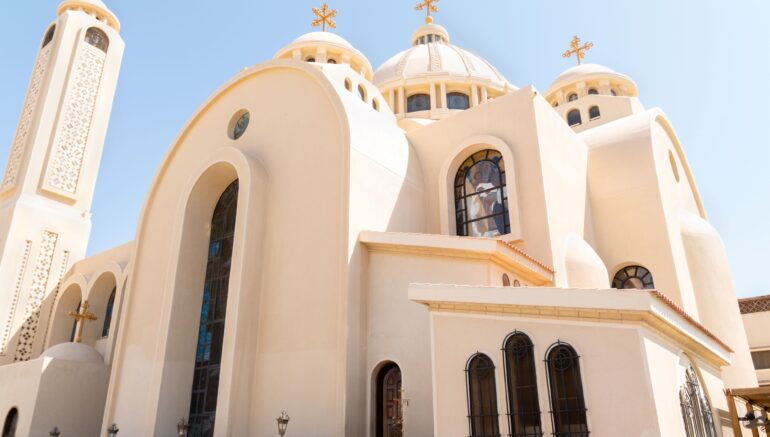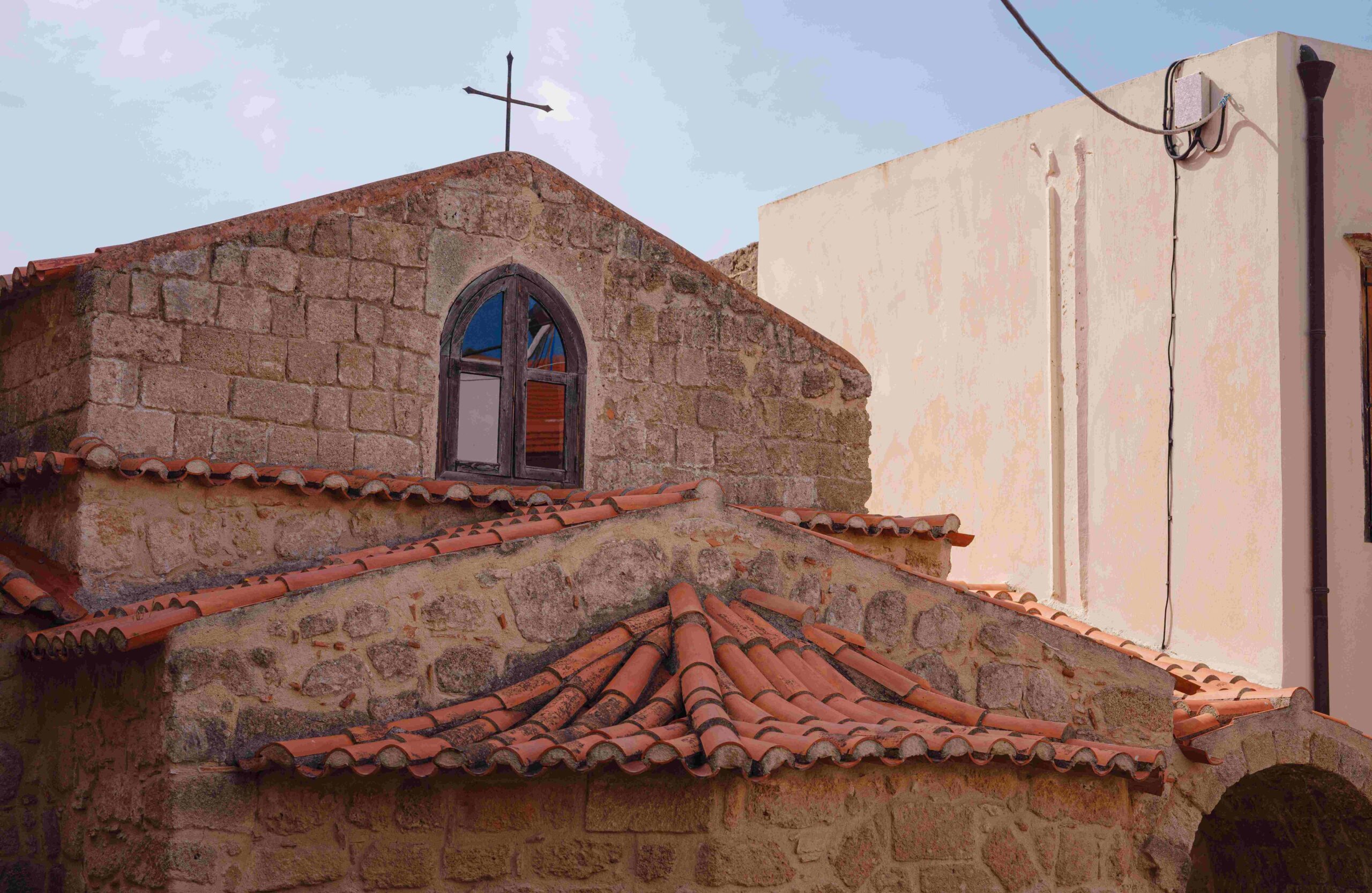
In a region marked by conflict and transformation, Arab Christians remain one of the Middle East’s oldest yet most vulnerable communities. From Lebanon’s mountain villages to the ancient churches of Jerusalem, Arab Christians have left a deep imprint on the Middle East’s cultural and spiritual heritage — centuries before the rise of Islam. Yet today, political instability, persecution, and migration pressure this ancient community into an uncertain future. What role can European institutions play in defending their rights and preserving their identity?
A legacy rooted in history
Arab Christians have been woven into the history of the Middle East since the early days of Christianity — as teachers, artists, leaders, and neighbours. From the Maronites of Lebanon to the Copts of Egypt and Melkite and Syriac communities across Syria, Iraq, and Palestine, their contributions span education, health care, arts, and politics.
Despite being religious minorities, many Arab Christians historically held prominent roles in government and public life. Yet the demographic decline over the past century has been steep — and increasingly hard to reverse. Once 20% of the region’s population, they now comprise less than 5% in many countries.
Key historical contributions:
- Founding of Arab-language newspapers and universities
- Intellectual leadership in pan-Arab cultural movements
- Interfaith coexistence traditions, particularly in Lebanon and Jordan
Threats to presence and participation
The 21st century has brought new challenges. The Iraq war, Syrian conflict, and rise of ISIS led to the exodus of hundreds of thousands of Christians. Churches have been destroyed, clergy attacked, and entire towns emptied.
Examples include:
- The exodus from Mosul and Qaraqosh (Iraq)
- The kidnapping of bishops in Syria (2013)
- Increased pressure on Christian youth to emigrate
Discrimination also persists in civil codes and public discourse, with many Christians in Egypt and Palestine reporting restricted access to public sector jobs and difficulties obtaining building permits for churches.
The migration dilemma: staying, leaving, or returning?
For many Arab Christians, the dilemma is stark: seek safety abroad or stay and face growing exclusion in their ancestral homelands. Europe has become a primary destination, and diaspora communities are growing across Germany, France, Sweden, and the UK.
Yet while migration offers security, it also raises concerns:
- Risk of cultural dilution and identity loss
- Disconnect between diaspora and local realities
- The steady decline of Christian communities in their ancestral homelands threatens a unique cultural and religious mosaic.
The question is no longer just how to protect them where they are, but how to engage the diaspora in efforts to preserve heritage.
Europe’s role: solidarity and support
European institutions have long expressed concern over the fate of Christians in the Middle East, but what can be done beyond statements?
Policy and advocacy:
- Reinforce EU diplomacy to defend religious minorities — including Arab Christians — through the Global Human Rights Sanctions Mechanism
- Include Christian minorities in aid programs targeting vulnerable groups
- Push for religious freedom clauses in trade and cooperation agreements with Middle Eastern states
On the ground:
- Boost local education and housing efforts to help Christian communities thrive — not just survive — in their native lands.
- Fund local interfaith dialogue and peacebuilding projects
- Collaborate with faith-based and independent NGOs that support returning families and protect vulnerable communities on the ground.
Cultural visibility and media representation
Visibility is power. Arab Christians often find themselves stereotyped or erased from public narratives. Promoting accurate representation matters — not just for dignity, but for survival.
Initiatives to consider:
- Documentaries and media series on Arab Christian life
- Educational resources for EU schools on Middle Eastern Christianity
- Support for young creatives and academics from Christian minority backgrounds
Conclusion: resilience, not retreat
Arab Christians have weathered empires, invasions, and upheavals. Their resilience is rooted not only in faith, but in a deep connection to land, language, and community. Europe has the moral and political tools to support them — but must act with consistency, not just sympathy.
As migration reshapes global Christianity and identities shift across borders, one principle endures: no community should be forced to choose between belief and belonging. Arab Christians deserve not only refuge, but recognition.
For further reading:
- COMECE: Advocacy on Christians in the Middle East
- Aid to the Church in Need: Middle East reports
- European Parliament Intergroup on Freedom of Religion or Belief
